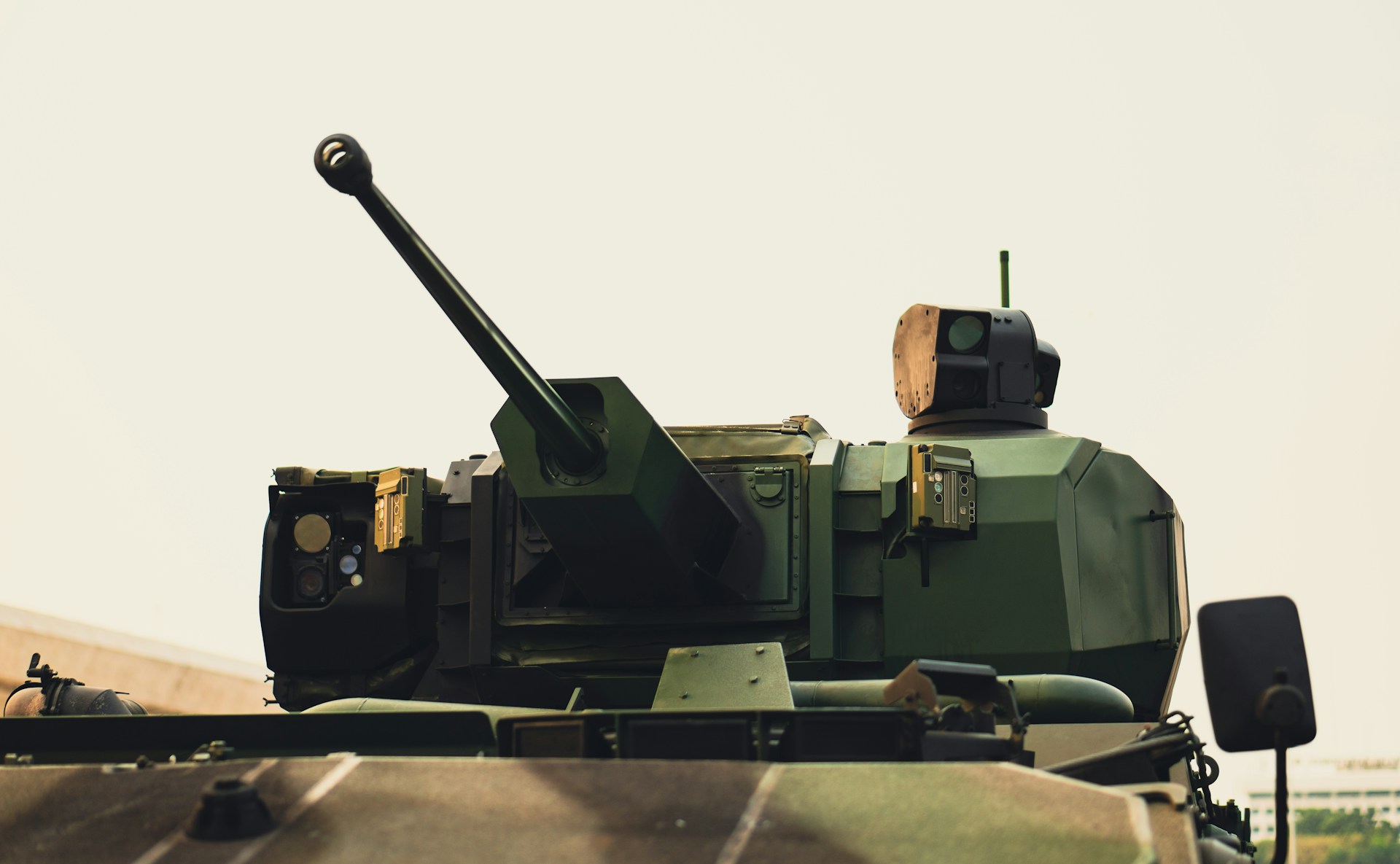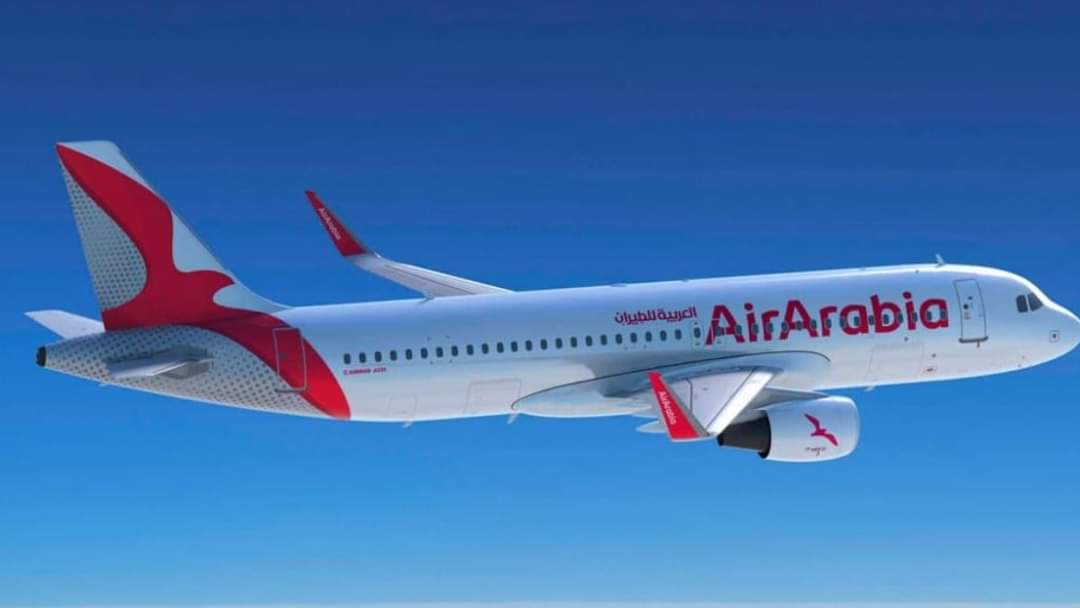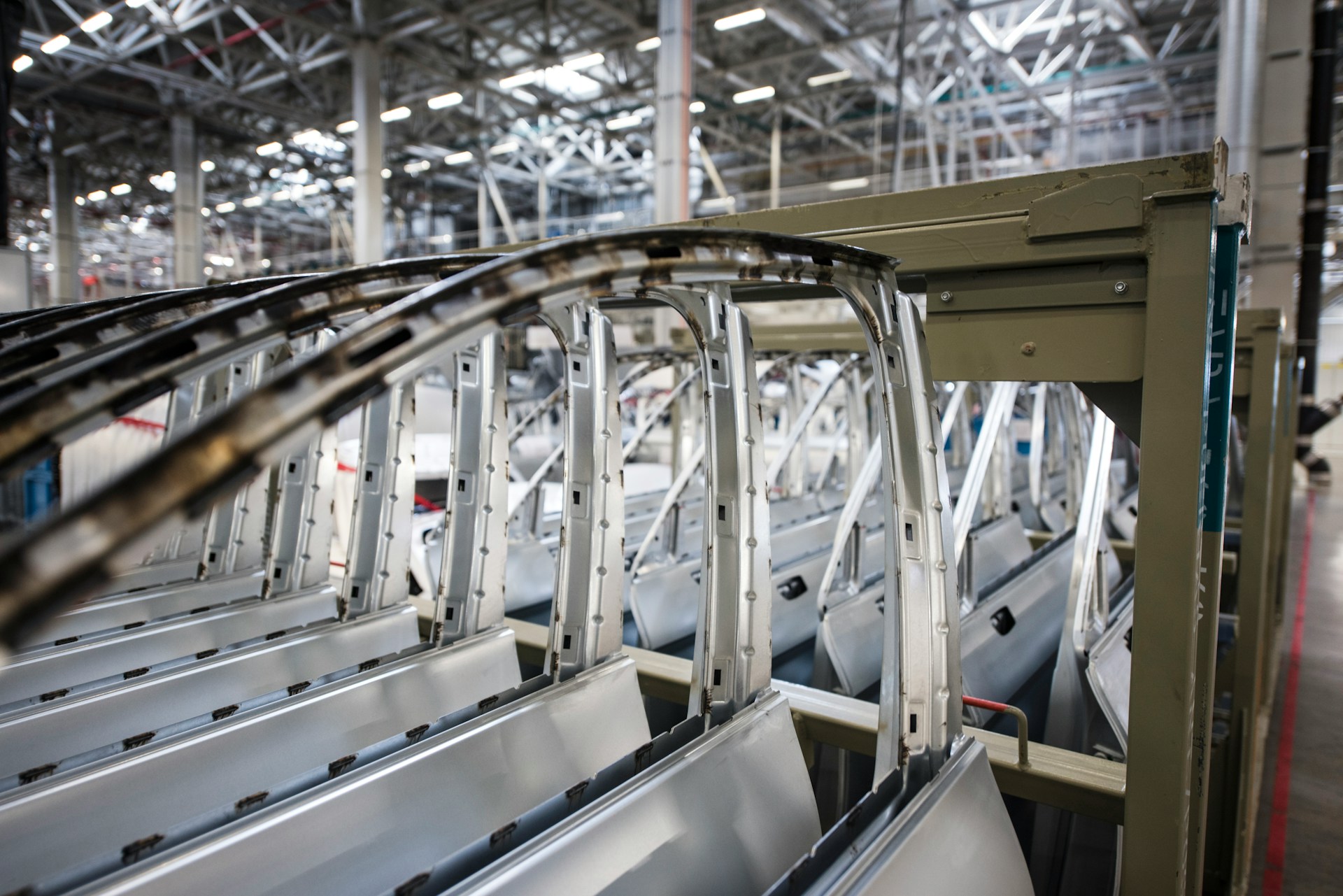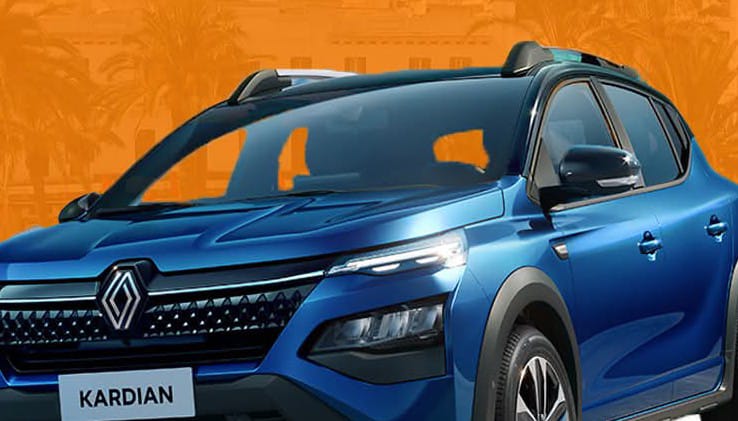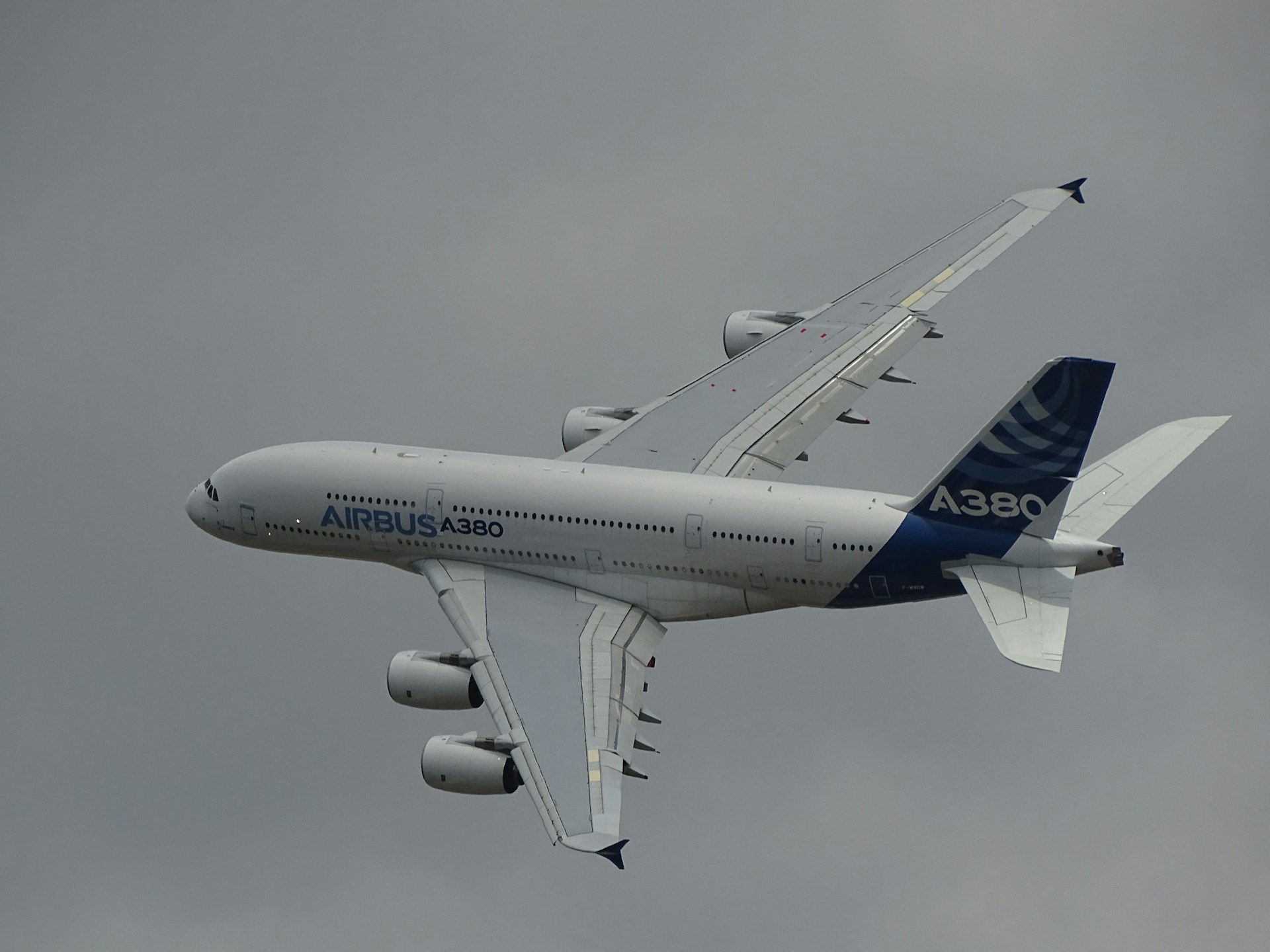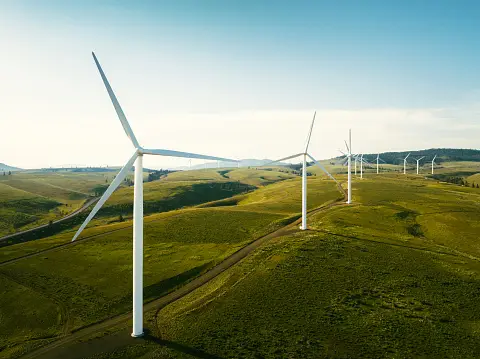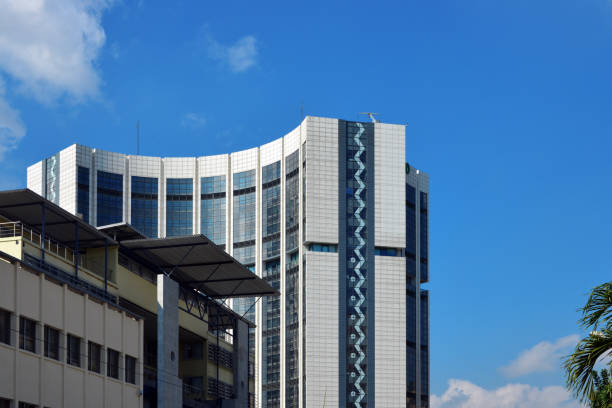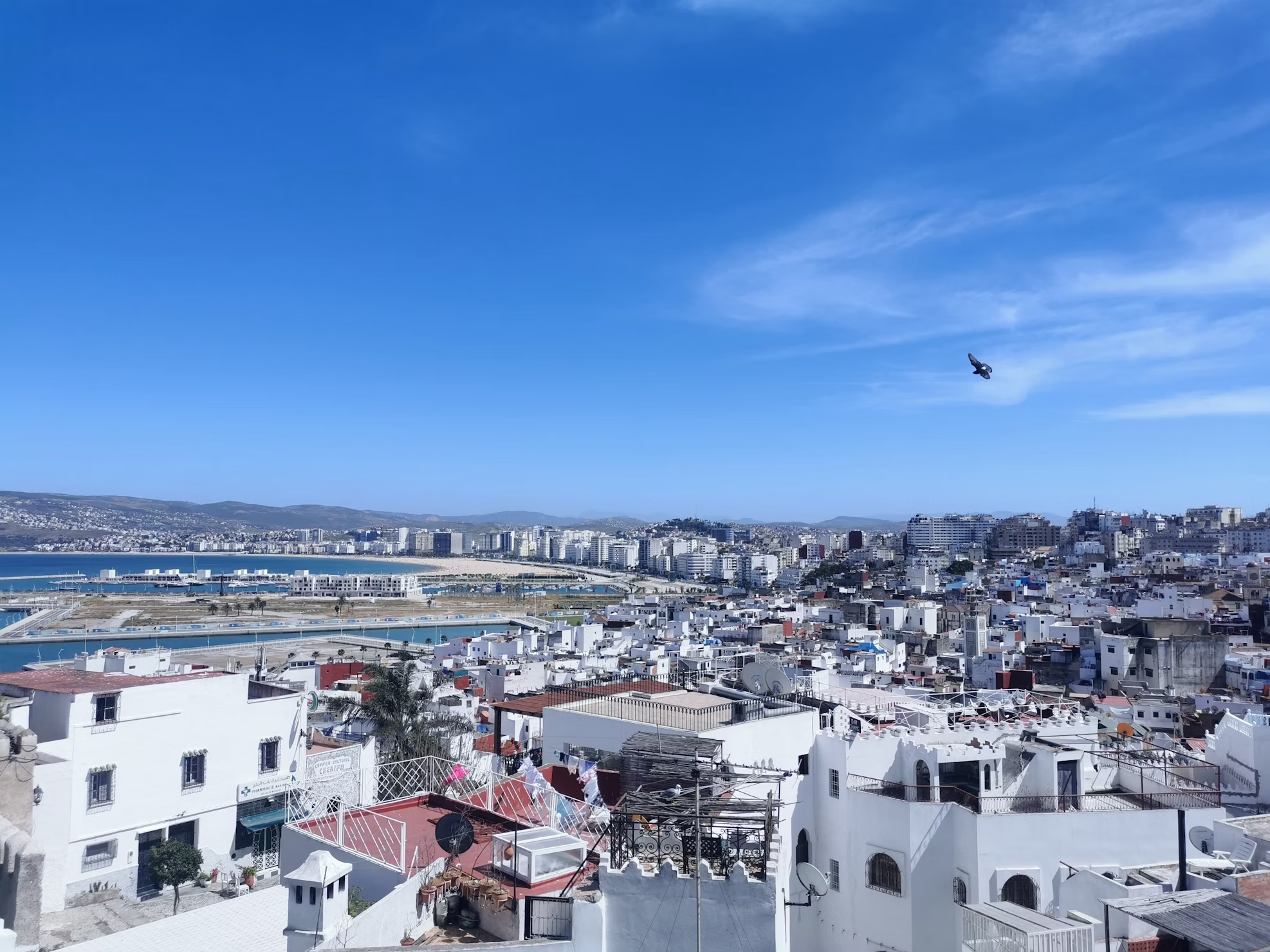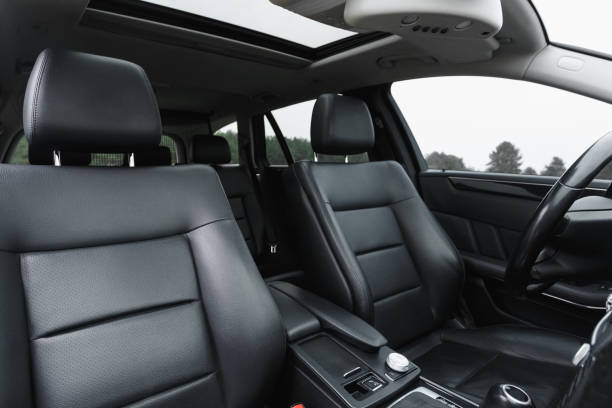Casablanca – Morocco is taking significant steps to strengthen its defense capabilities and reduce reliance on foreign suppliers through a combination of industrial partnerships, new manufacturing plants, and modernization programs. Recent developments highlight the country’s strategy to build a more self-sufficient defense industry while positioning itself as a regional hub for advanced military technology.
Tata advanced systems plant marks a milestone
One of the most notable projects in this effort is the upcoming inauguration of an armored vehicle factory operated by Tata Advanced Systems, a subsidiary of the Indian industrial giant Tata Group. Located in Berrechid, near Casablanca, the plant will officially open during the visit of Indian Defense Minister Rajnath Singh to Morocco this week.
The factory, developed in partnership with the Royal Armed Forces (FAR) under a 2024 agreement, represents Tata’s first defense production site outside India. It will initially assemble WhAp 8×8 armored infantry vehicles, designed by India’s Defense Research and Development Organization. Weighing between 20 and 27 tons, the WhAp is equipped with a 30 mm cannon, advanced mobility systems, and amphibious capabilities.
The initial production phase will focus on fulfilling an order of 150 WhAp units for the Moroccan Armed Forces. After meeting domestic needs, the plant will begin exporting vehicles to African markets. Tata aims to gradually reach a local integration rate of up to 50%, ensuring that Moroccan suppliers play a growing role in the production chain.
The facility is expected to create around 100 skilled jobs, all of which will be filled by Moroccan workers who will receive specialized training in India. This approach reflects Morocco’s focus on technology transfer and workforce development, key elements in its broader strategy to build a sustainable defense industry.
Broader strategy for defense modernization
The Tata project is part of a larger push by Morocco to diversify its defense partnerships and encourage local manufacturing of military equipment. Rabat has been steadily expanding cooperation with international partners to acquire advanced systems while developing the capability to produce and maintain equipment domestically.
In recent years, Morocco has signed agreements with several global defense companies to supply and co-produce equipment ranging from armored vehicles to aerospace components. These deals not only strengthen the country’s military capabilities but also create opportunities for local industries to participate in high-value manufacturing and maintenance programs.
The government’s goal is to establish a network of production and maintenance facilities that can supply the FAR with modern equipment while reducing dependence on imports. By fostering technology transfer and training programs, Morocco aims to build a skilled workforce capable of supporting a competitive defense sector.
Economic and regional implications
The expansion of Morocco’s defense industry carries both economic and strategic implications. Economically, new manufacturing facilities like the Tata plant generate skilled jobs, stimulate demand for local suppliers, and encourage investment in related sectors such as logistics and engineering.
Strategically, Morocco’s ability to produce advanced armored vehicles and other military equipment strengthens its position as a regional security partner. With growing instability in parts of the Sahel and North Africa, a robust domestic defense industry provides Morocco with greater flexibility in meeting its security needs and supporting peacekeeping missions across the continent.
The decision to collaborate with India—a rising global power in defense technology—also reflects Morocco’s strategy of diversifying partnerships beyond traditional suppliers in Europe and the United States. This diversification allows Morocco to access different types of technology while reinforcing its role as a bridge between Africa, the Middle East, and Asia.
A new era of cooperation
The Berrechid factory stands as a symbol of the deepening ties between Morocco and India, whose relations have expanded beyond trade to include renewable energy, technology, and now defense. For India, the project provides a strategic gateway to African defense markets, while for Morocco, it marks a major step toward industrial autonomy in a critical sector.
This collaboration fits into Morocco’s long-term vision of becoming a regional manufacturing hub for advanced military and security equipment. By combining international partnerships with local talent and infrastructure, Morocco is laying the foundation for a defense industry capable of supporting national security and contributing to regional stability.
Outlook
As the Tata Advanced Systems plant prepares to begin production, Morocco’s defense strategy is entering a new phase. The creation of a local supply chain for armored vehicles and other advanced systems will not only enhance the operational readiness of the Royal Armed Forces but also provide a platform for future exports to African markets.
By focusing on technology transfer, workforce training, and diversified partnerships, Morocco is positioning itself as a key player in the evolving defense landscape of Africa and the broader Mediterranean region. This approach signals a clear commitment to balancing national security needs with economic development, ensuring that the benefits of defense investment extend well beyond the military sector.






